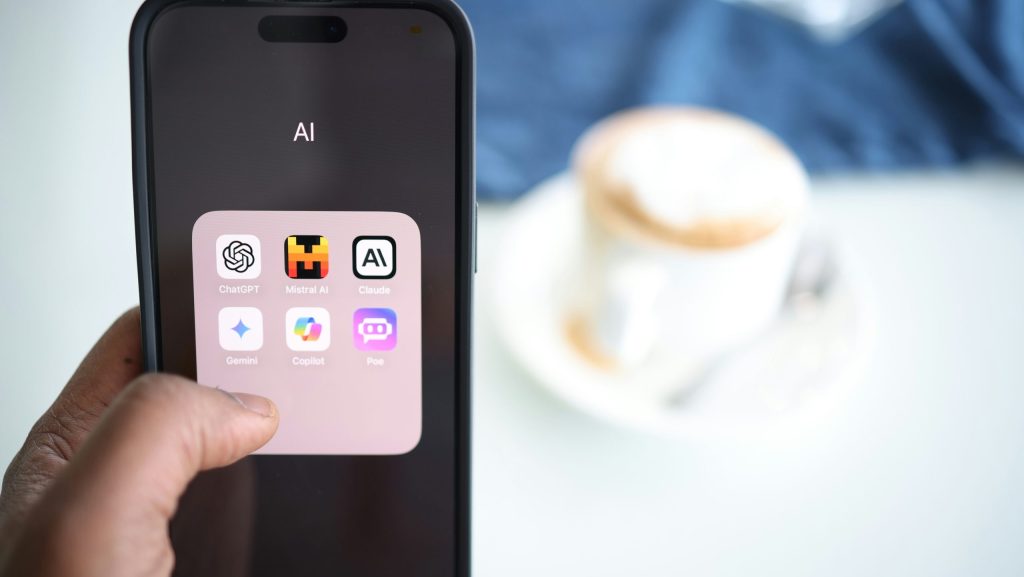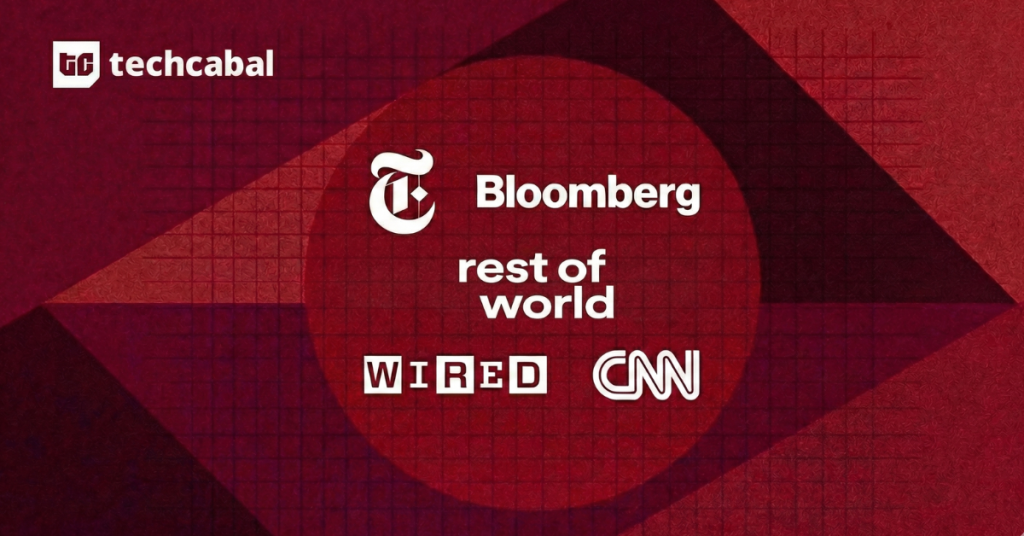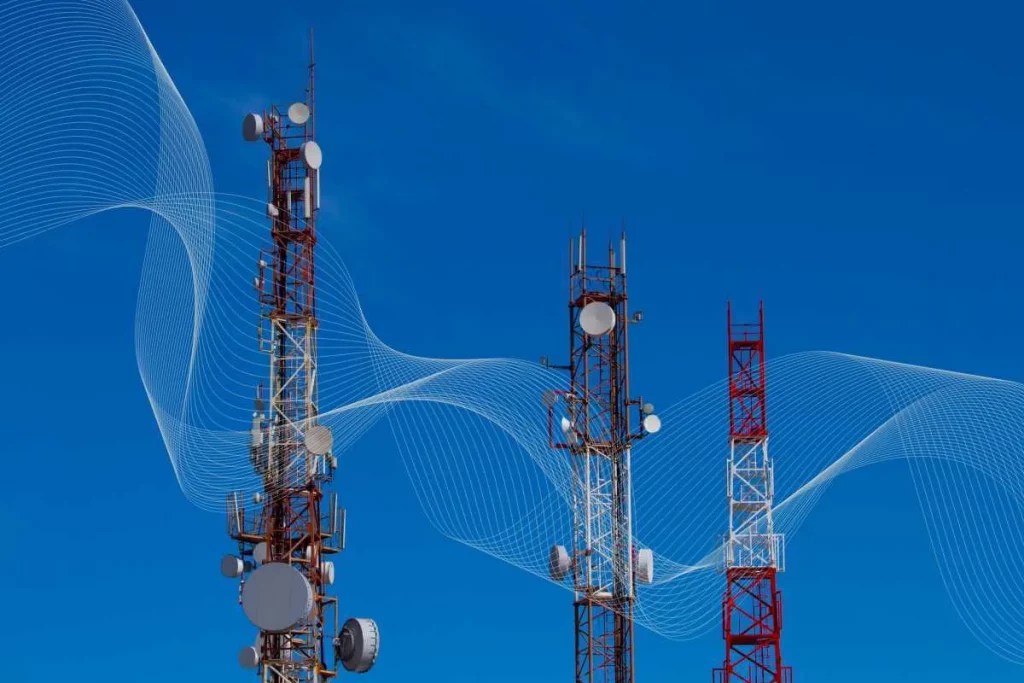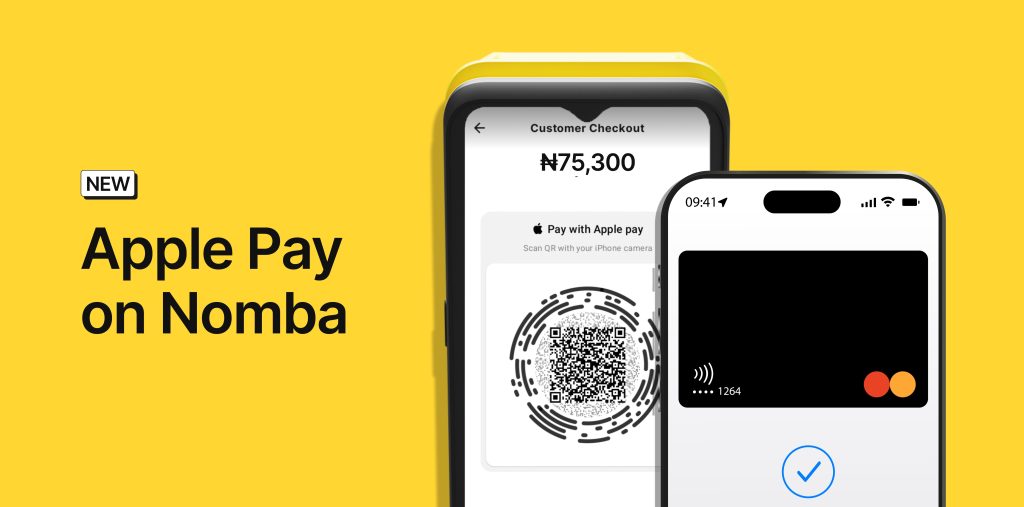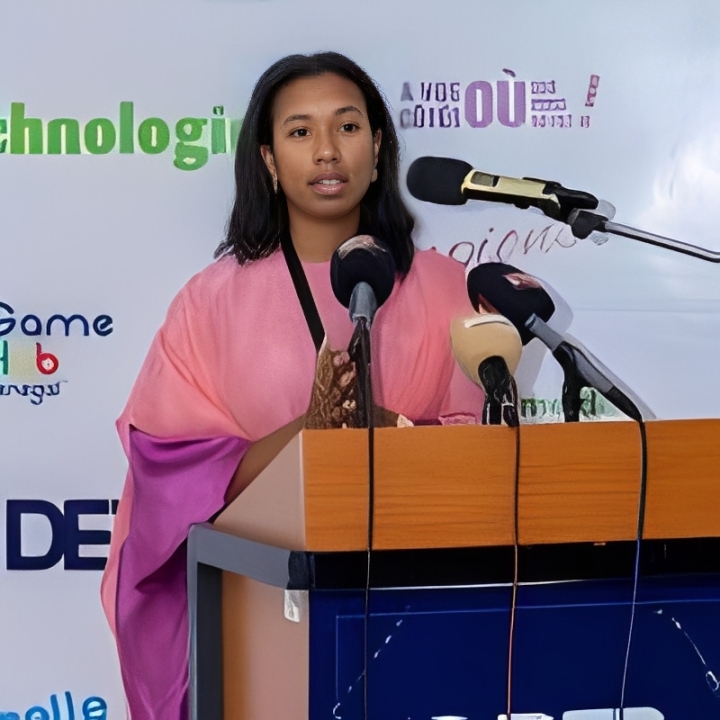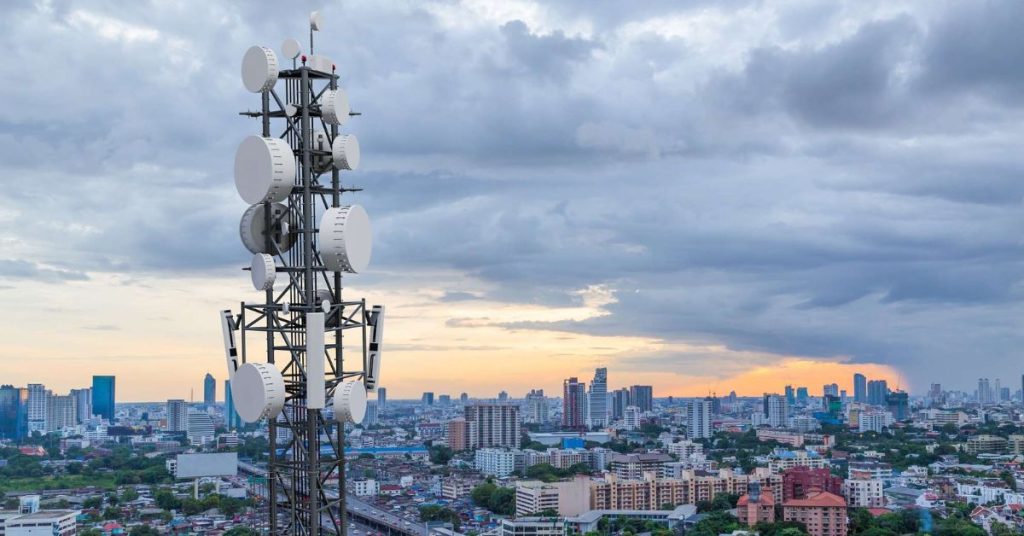By: Udoejumunor Ojogbo.
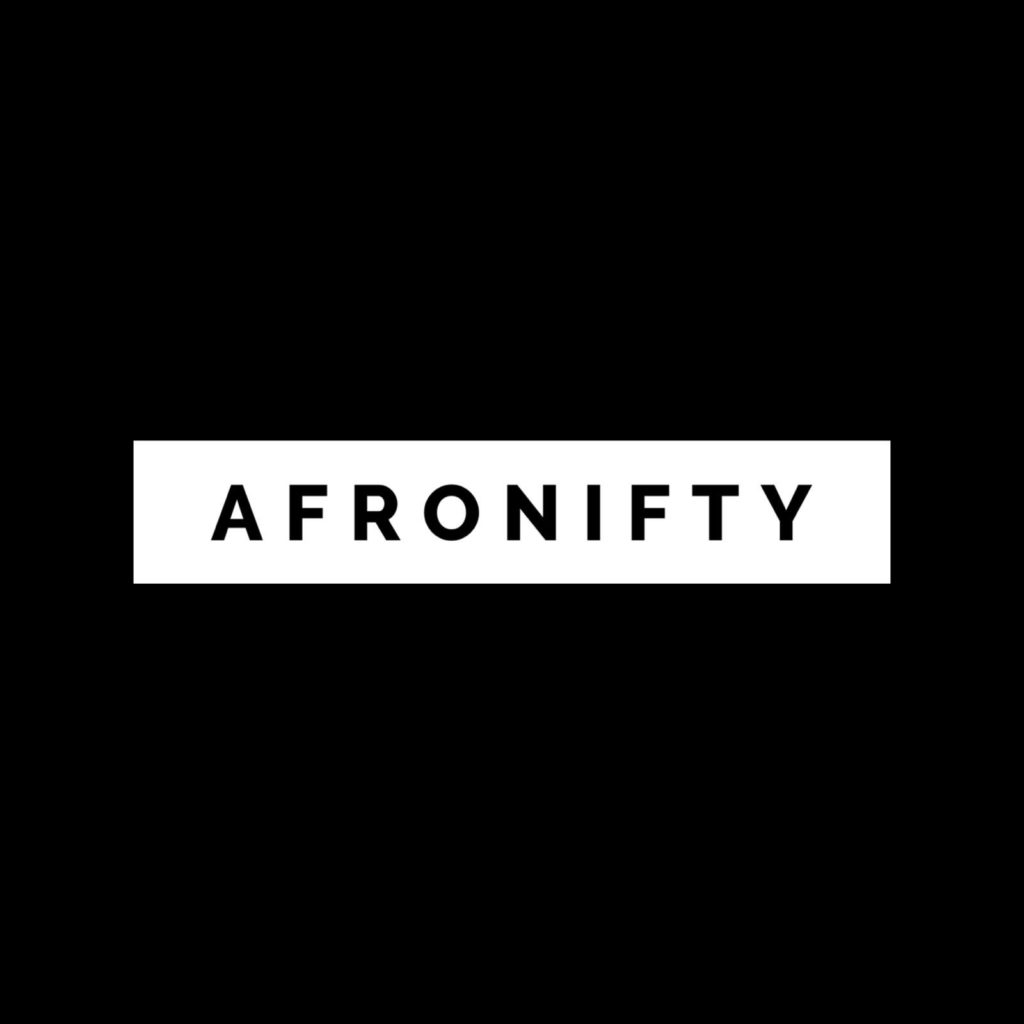
The exciting world of Non-fungible tokens seems to have exploded out of thin air. Now that they are all the rage, people aren’t only talking about them but creating, buying, and selling NFTs. Art creators (and by art, I mean any art form that can be digitized: paintings, photos, music, gifs, and even tweets), art collectors and visionaries who are just trying to invest and make some good money are tapping into the auspicious potentials of these digital assets through NFT market places— at the end of 2021, the market size for digital collectibles ballooned to a staggering value of 41 billion dollars.
NFTs are digital assets that represent real-world art forms like paintings, music, and videos. Being ‘Non-Fungible’, each NFT is unique, irreplaceable by another. To make things crystal clear: A dollar is fungible— one dollar in your hand has the exact same value as one dollar in someone else’s hand. NFTs are designed to give the buyer exclusive ownership of the artwork. Cast your mind to the physical fine art world: anyone can purchase a print of The Monalisa, but only one person can own the original. The notoriety of these digital assets lies in their uniqueness and exclusivity, progressively becoming a popular way for creatives to sell their digital artwork and admirers of their work to purchase the artwork. This is the exact point NFTs marketplaces come in: there are platforms where NFTs can be minted (created), stored, displayed, and traded.
Afronifty since its inception in the UK by a group of Nigerian software developers and creatives in September 2021, is adeptly carving a niche for itself in the world of NFTs by catering to African creators—especially musicians. In a quest to empower an ingenious community of Black creators, Nnanna Mbila, Blockchain Strategist and CEO of Afronifty, discusses the formidable vision of Afronifty. “We (Afronifty) are focusing on ensuring the mass and wide adoption of NFTs and blockchain technology in the Afro-creative industry by solving two major issues within most NFT marketplaces: Scalability and Utility”, he told me over a WhatsApp call. By the time he was through explaining it to me, Afronifty presented itself as the right platform if I were ever interested in minting and trading digital art.
Scaling has been a huge challenge facing the crypto industry. The uniqueness of NFTs which was initially lauded in this piece is the same thing that makes them illiquid and costly to buy and sell on a blockchain with limited capacity. Afronifty is working hard to solve this issue by seamlessly utilizing layer 2 scaling solutions like BNB and Polygon. The stunning result users of the Afronifty space attain is a faster transaction speed and lower gas fees.
As for Utility, the people at Afronifty believe that NFTs with utility is “the future of the NFT space.” This rings true, especially for NFTs buyers and collectors. By incorporating utility into NFTs traded on Afronifty, buyers not only get to support their favorite artists by investing in their art but also reap immediate real-world and quantifiable benefits like receiving a physical piece of art that matches the NFT purchased, access to exclusive events, tickets and parties, future use in the digital world (think within a game), access to merchandise and brand collaborations. As regards community building, this is the greatest attraction to Afronifty, drawing African creatives and their fan base to this NFT marketplace like a moth to a flame.
Afronifty is challenging the music industry that has a renowned history of exploiting artists. Even with the introduction of streaming platforms like Spotify, Apple Music, Pandora, and Deezer, it is still difficult for most musicians to gain value for their work. These streaming platforms are infamous for being crowded and generating revenue that is negligible. Hearkening to the outcry of many African musicians seeking sizeable audiences and trying to diversify their income streams, Afronifty is at the forefront of forging a novel path for music creators, composers, cover artists, beatmakers, and their community of devoted fans. Cleverly navigating this largely untapped but promising market, Afronifty, referring to itself as an NFT marketplace for music, provides a platform for artists to create songs, mint them into NFTs and list them in the marketplace as unique tokens for their fans to bid on. Artists are provided a space to take control of their financial and creative freedom, meanwhile, fans gain utility for financially supporting them. Once they choose to mint and trade their art on Afronifty, artists get to earn royalties each time their collectibles— beats, cover art, music, and rare photos of live performances — are sold, with Afronifty taking a modest 2.5% fee with every NFT sold on its platform. It was a breath of fresh air upon discovering that musicians who use this platform even have the liberty to set the royalty percentage for their digital music collectibles. Already, musicians are making whooping sales from minting their art: the Toronto rapper Tory Lanez, for example, raised 1 million dollars under one minute by selling his NFT album for one dollar each.
At the core of Afronifty lies financial stability, creative freedom, and community building all for black creatives. They recognize that not all creators are heavily involved in the crypto community mostly due to financial constraints. In the same vein, they know not all artists command a colossal following that will make them loaded when they eventually take advantage of NFT marketplaces. However, in a bid to level the playing field by minimizing the role of record labels that have since dominated the music industry, achieve its aim of breaking down technological barriers and creating an extra and viable source of living for many artists, Afronifty incorporates accessibility into the NFT space for Black creators by reducing the average cost of minting by almost 90%. NFT artists have frequently discussed the travails of costs relating to minting NFTs— this artist lost over a thousand dollars minting NFTs. The risk of spending huge fees minting NFTs that do not eventually get sold is palpable, and something a lot of black creators cannot afford. Entry into the NFT space is now a relatively low risk for many artists taking advantage of the low minting fees Afronifty’s platform offers.
“Working with Afronifty introduced me to a whole new world of creativity. I was able to create my first NFT and attach a utility to it for my buyers. It has been wonderful engaging in this creative economy and I’m looking forward to more collaborations in the space”, says Kani Beatz, UK-born Nigerian producer, and musician.
Advocates of NFTs voice the essence of these digital assets: decentralization. They contend that NFTs are the future of art, decentralized from gatekeepers so that anyone from anywhere can roll-out project(s) and anyone from anywhere can participate and purchase. Unlike some NFT marketplaces that require creators to apply before having access to trading with them, Afronifty welcomes all creators from all backgrounds, a testimony to how seriously they prioritize inclusion and diversity. However, at Afronifty, credibility does not die at the altar of inclusion and diversity— every artist and collector registered with them has to undergo a strict KYC to get verified badges. The badges serve as proof of authenticity and active dedication to the marketplace.
The work that goes on in Afronifty is both daunting and laudable. Music has played a phenomenal role in shaping societies around the world. In this dynamic world of NFTs and Web3, Afronifty has declared that it’s high time for music creators to receive their dues.





